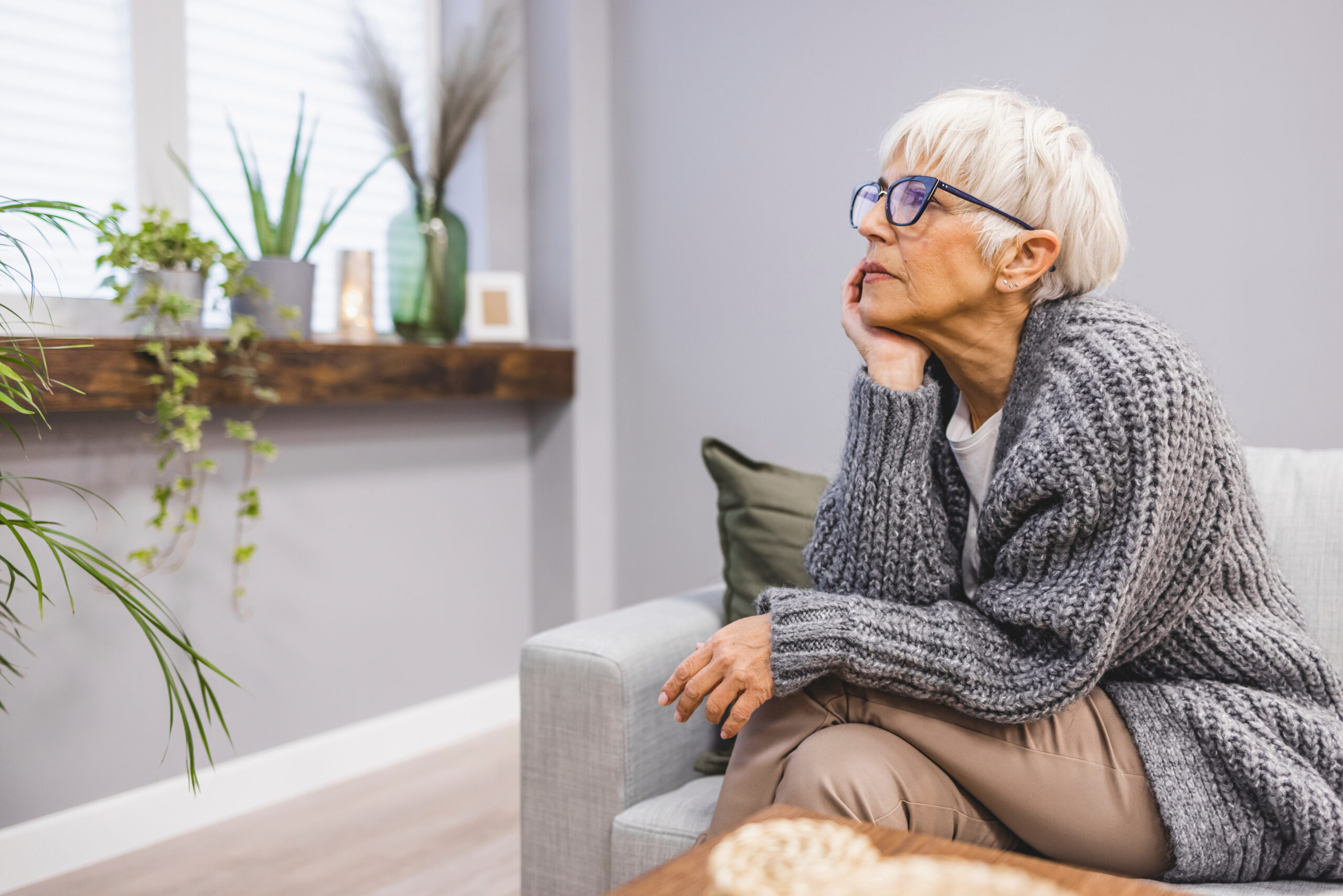The Hidden Danger Behind Social Isolation
Social isolation might seem like a quiet, harmless state—just spending time alone or away from others. But beneath the surface, it hides serious dangers that affect both our minds and bodies in ways many don’t realize.
When people are isolated for long periods, their health can take a steep downturn. Research shows that social isolation is linked to increased risks of heart disease and high blood pressure. It’s not just about feeling lonely; the body itself reacts negatively to being cut off from meaningful social connections. The immune system weakens, making it harder to fight off illnesses, while cardiovascular function suffers too.
The mental toll is equally alarming. Isolation often leads to depression and poor sleep quality, which then spiral into cognitive problems like difficulty concentrating or making decisions. Over time, this can cause cognitive decline—a worrying step toward conditions like dementia.
One of the most startling facts is that social isolation increases the risk of premature death more than many well-known health risks do. Feeling lonely or disconnected isn’t just an emotional experience; it’s a real threat to longevity.
Chronic loneliness also brings with it feelings of deep disconnection even when surrounded by people—like being invisible in a crowd or unable to form close bonds with others. This kind of loneliness drains energy and motivation so much that even trying to socialize becomes exhausting.
Older adults are especially vulnerable since they often face more barriers to staying connected due to mobility issues or loss of loved ones. For them, isolation can worsen existing chronic conditions and increase chances of stroke and heart problems significantly.
Thankfully, modern technology offers tools we didn’t have before: video calls, messaging apps, online communities—all ways we can maintain relationships despite physical distance. These connections aren’t just nice-to-have; they’re essential for protecting our health on multiple levels.
Understanding these hidden dangers behind social isolation helps us see why staying connected matters—not only for happiness but for survival itself.





